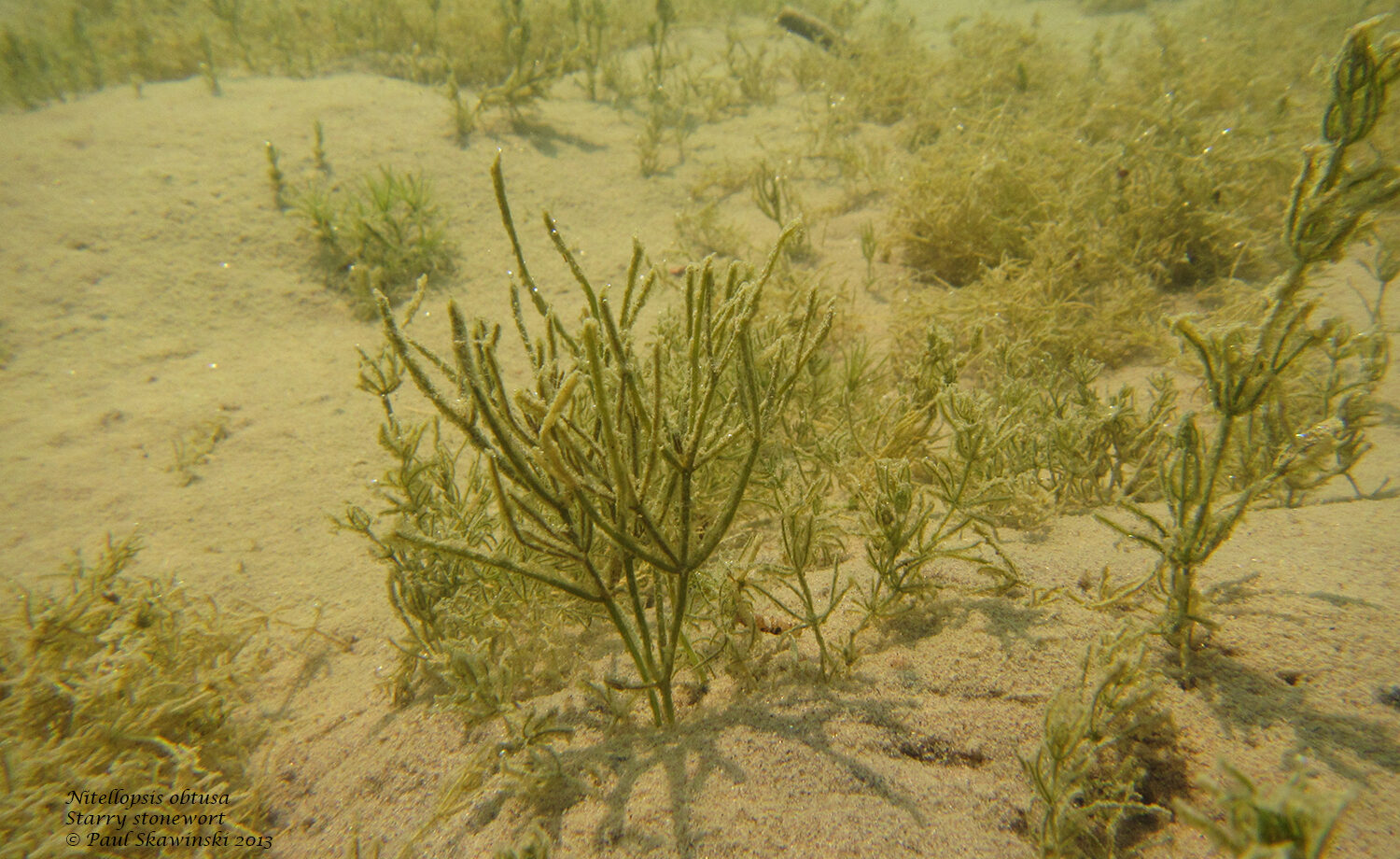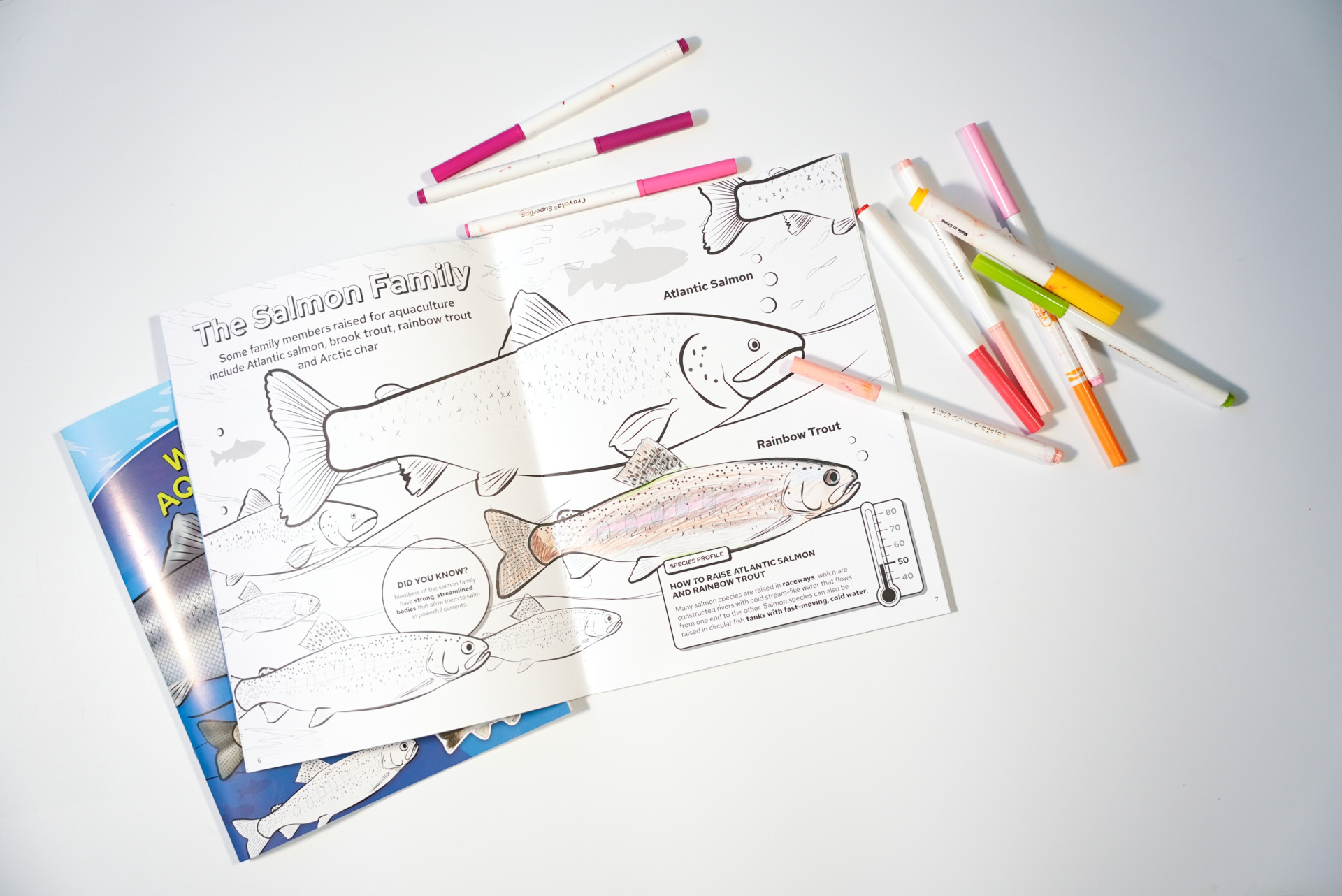Are Wisconsin’s coastal communities prepared for the potential effects of climate change? Outreach specialists from the University of Wisconsin-Madison Sea Grant Institute plan to spend the next several months discovering the answer.
Through a grant from the National Oceanic and Atmospheric Administration (NOAA ) administered through the federal Great Lakes Restoration Initiative, David Hart, UW Sea Grant’s geographic information systems outreach specialist and graduate student Evan Murdock, will meet with representatives from as many as 35 cities and villages in 11 different counties located on Wisconsin’s Lake Michigan coasts.
Just don’t refer to their efforts as a workshop. Other groups, including the Wisconsin Department of Natural Resources and the National Estuarine Research Reserve (NERR) system, have already laid that groundwork, providing local officials with information about the ways significant changes in precipitation and lake levels could affect their communities. Hart and Murdock’s efforts will be focused on something far more specific–implementation assistance.
“The thought was to take the body of work that’s been done on climate adaptation and put it into a community checklist, where we could go in for a few hours to most of a day and meet with local government officials, and walk through it,” said Hart. “The checklist condenses the issues down to the answer to a simple question: How does this relate to your community?”
The project is a collaborative effort with Minnesota Sea Grant. Jesse Schomberg, a coastal communities specialist with Minnesota Sea Grant and co-investigator on the project, will hold similar discussions with leaders in Lake Superior coastal communities. Key areas for discussion include several of the same ones raised in the recently published report Wisconsin’s Changing Climate: Impacts and Adaptation: ports, harbors, marinas and stormwater detention/retention and conveyance systems.
“Are those facilities in good shape for the kind of variability we might see in the lake levels?” asked Hart. “We want to discuss the possibility that more intense storms are changing the patterns of precipitation events (both in intensity and frequency) and how these communities might be ready for that.”
Some of the checklist discussions will likely center on each community’s comprehensive and hazard mitigation plans, and how much climate adaptation awareness those plans include. Hart realizes that for many Wisconsin coastal communities, climate change may not be resting on the front burner.
“Communities’ budgets are shrinking,” said Hart. “When you’re dealing with issues of maintaining basic community services such as police and fire protection, these types of climate-change issues fall to the background. They’re in the future and it’s hard to know what they are. “
Still, there’s no question that the issues are important—no local official wants to be stuck with a massive cleanup bill because an insufficient or undersized stormwater system allowed runoff to flood low-lying areas or pollute nearby streams, rivers and lakes. Hart said he’s hopeful the opportunity to provide communities with actual products and services to help manage climate change issues will help move the discussion forward into action.
For instance, UW Sea Grant Coastal Engineer Gene Clark and Minnesota Sea Grant Maritime Educator Dale Bergeron have created a port assets matrix and dredging cost estimation tool that assesses the potential infrastructure, dredging and economic risks harbors may face from changing water levels and/or increased storm wave action. In addition, Hart has worked to create visualization models that could help characterize how climate change could affect coastal topography.
“These are changes that are probably going to happen to communities over the next decade,” said Hart. “The longer you’re aware of them, the more likely you’re able to successfully address them. If you put this off for 10-20 years and all of a sudden we start seeing lake levels change even more, it becomes a harder and more expensive problem to solve. Talking about them now just gives us some more time to spread the cost of being able to address these issues, to where it becomes more manageable. “
In addition to the climate adaptation checklist, the project will also help extend climate-change curriculum and partnerships with tribal governments.





